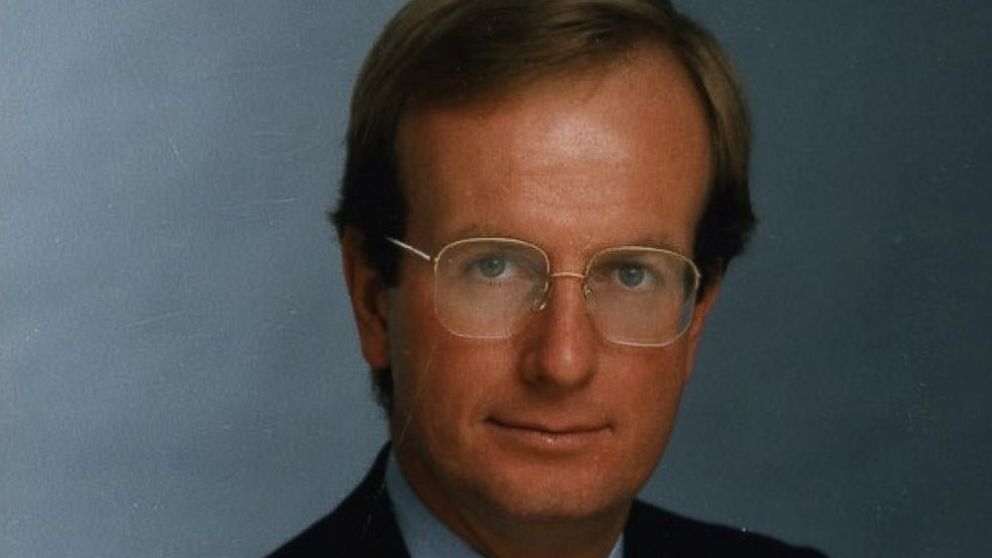What to Know About the Washington Lawyer Vetting Trump’s Potential VPs
The man and the method behind Trump 'veepstakes'

— -- In the spring of 2009, Washington D.C. lawyer Arthur B. Culvahouse, Jr., who goes by “A.B.," spoke at the National Press Club about his work playing running mate matchmaker to 2008 Republican presidential nominee, Arizona Sen. John McCain.
With his native Tennessee accent, Culvahouse recounted an exchange he had with McCain during the vetting process in 2008 that led to the campaign's highly criticized pick of Sarah Palin.
“What’s your bottom line?” McCain asked Culvahouse, about Palin.
“John -- high risk, high reward,” said Culvahouse.
“You shouldn’t have told me that,” McCain replied. “I’ve been a risk-taker all my life.”
Now, Culvahouse, who is a Washington D.C. lawyer, has another self-described risk taking client: Donald Trump. The billionaire from New York has been teasing prospective vice president picks on stage, on Twitter, and in the press.
“The only people who are not interested in being the V.P. pick are the people who have not been asked!” Trump tweeted last week regarding media speculation about his running mate.
In recent days, Trump has campaigned with New Jersey Gov. Chris Christie, former House Speaker Newt Gingrich and met with Indiana Gov. Mike Pence, among other potential running mates. And while Trump may be a political novice, Culvahouse brings decades of political experience.
Described by a colleague as a “gentlemanly D.C. lawyer,” Culvahouse assisted with the vetting process on Gerald Ford’s campaign in 1976. He later served as counsel in the Reagan White House, vetting Anthony Kennedy for the Supreme Court and Alan Greenspan for the Federal Reserve. And in a role made famous by the H.B.O. movie “Game Change,” Culvahouse led the vice presidential vetting process for the McCain campaign in 2008.
This election year, both Trump and presumptive Democratic nominee Hillary Clinton are leaning on Washington, D.C. lawyers to comb through the backgrounds of prospective picks -- including tax returns, relationships and business dealings -- so they can choose a running mate knowing every possible bombshell the press might uncover.
The law firm O’Melveny and Myers, where Culvahouse is partner, referred all questions regarding his involvement to the Trump campaign.
According to his remarks at the 2009 National Press Club appearance, Culvahouse said he and McCain had three rules for the vetting process eight years ago: First, that McCain would ultimately make the decision; second, that there would be no one between Culvahouse and McCain -— no committee or special team that might disrupt the vetting process; and finally, that McCain would not pick anyone Culvahouse had not formally vetted.
But Ted Frank, an attorney who vetted Palin with Culvahouse in 2008, told ABC News that this time, Culvahouse faces two very different factors: A time crunch and a candidate and campaign unlike McCain’s.
“With the McCain campaign they had been working on it for six, seven, eight months before the convention and here, Mr. Culvahouse was brought in two months before the convention,” Frank said in an interview. “By that point 80 percent of the vetting had already been done for McCain.”
Part of that vetting process involves an extensive questionnaire that reveals strengths, weaknesses, and any potential pitfalls so the candidate can weigh each pro and con. In 1976, the questionnaire for Ford’s vice president search included 16 questions. In 2008, it included almost 80, with questions on private matters like infidelity and addiction. Culvahouse interviews the potential V.P.s and small teams of lawyers write a formal report with their findings for the presidential candidate and a select group of campaign officials, according to Frank.
But with a candidate like Trump, Frank speculated that the vetting process may not weigh as heavily in the final selection.
“Donald Trump might not care that Newt Gingrich has two divorces because he has two divorces. But on the other hand, some other political person might worry that having two candidates with so many divorces leads to more attention on each of the candidates divorces,” Frank said. “So, it could cut either way.”




